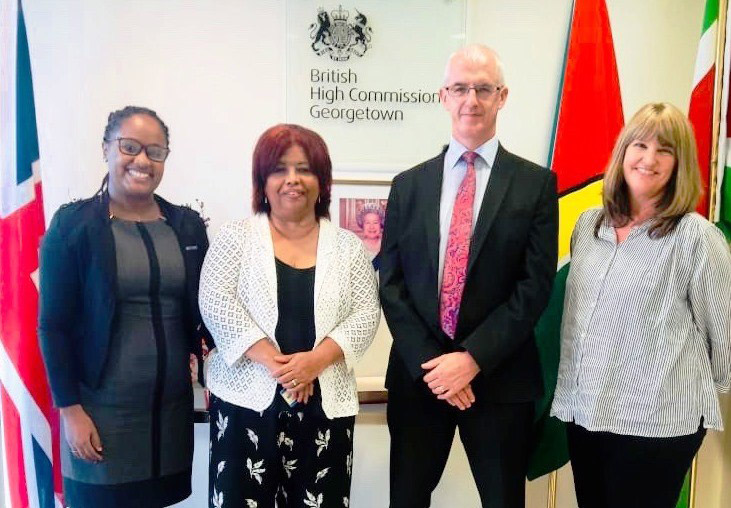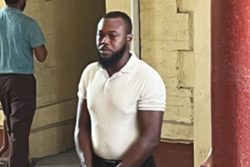A team of researchers from the United Kingdom, will be spearheading a study on mental health resilience in Guyana, with the aim of informing culturally appropriate mental health and social care education.
The research project, Action Research Community Led Initiative Guyana Health Team (ARCLIGHT), will commence in July and run for a year.
The researching team will conduct their research in three communities. Participants will be chosen from an indigenous community and two communities on the East Coast of Demerara.
“Guyana is consistently ranked within the top five countries in the world with the highest suicide rates. There is therefore a need to promote better mental health among the Guyanese people,” Kerese Collins, manager of the project told this publication.
She explained that the team consists of Dr Ann Mitchell, a Lecturer at Open University, who will also be serving as the principal investigator on the project; Dr Andrea Berardi, Senior Lecturer at the Open University; and Dr Tania Hart, Associate Professor at De Montfort University. They received a grant from The British Academy to undertake the research project.
Earlier this month, the team visited with various stakeholders in Guyana to facilitate discussions. The team met with colleagues at the University of Guyana, the Ministry of Public Health, the Georgetown Public Hospital Corporation, various NGOs and the British High Commission.
Collins explained that discussions with stakeholders centred on understanding the aims and objectives of the project, “facilitating exploratory conversations about possible research groups and establishing key relationships for the implementation of the project.”
The research will focus on strengths rather than individual weaknesses and will emphasise the involvement of participants in the sharing of positive experiences around how Guyanese cope with challenging situations, Collins explained.
The study, she added, will employ a positive approach to understanding resilience (which is the ability to bounce back) among participants, and will allow for the co-production of learning materials and will encourage collaboration between researchers and participants at every step of the study.
She noted that they will be using a Participatory Action Research methodology.
As part of this process, participants will also be given the opportunity to access resources that promote wellbeing. In this way, participants will be given a voice and encouraged to capture their experiences through artistic media, which will include photo stories, poetry, paintings and narrations, she further explained. These types of activities have the potential to strengthen innate family and community resilience, Collins stressed.
The researchers, she noted, are hoping “that … new insights from the Guyanese communities will inform culturally appropriate mental health and social care education in Guyana.”








